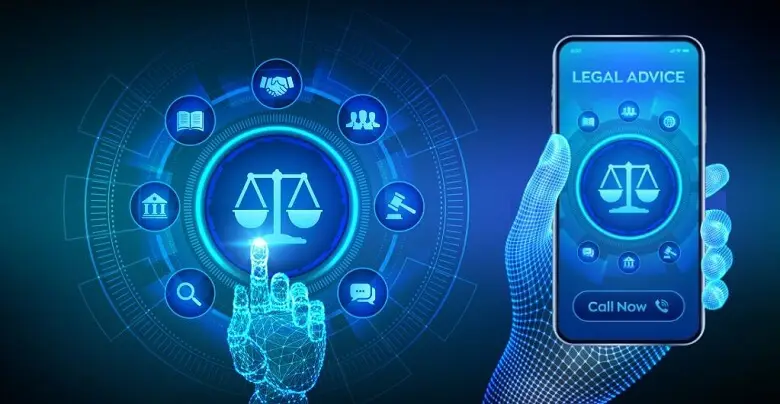Can Legal Industry Eye Blockchain for a Transformation?

Each time we hear the term blockchain, what comes in our mind first are only cryptocurrencies. It is a bit unfair to the emerging technology of blockchain, which offers so many use-cases across various sectors, to limit it for the digital currencies only.
While experts are already evaluating the idea of utilizing blockchain to control the pandemic Novel Coronavirus, another industry is ready to welcome the blockchain technology to see a never-before transformation. Blockchain has already spread its wings across fields, including education, medical, manufacturing, etc.
It is the legal industry that needs a ‘Midas touch’ of blockchain by now. The mentioned industry normally relies a lot upon paperwork; endless paperwork and records are part of almost every legal procedure. This makes everyone involved in it tired and confused at times.
Here, major help that we can expect from blockchain is regarding the storage of these records. Legal firms can consider the idea of storing and validating records of transactions. This may help them to maintain an accurate chain of custody along with other legitimate activities.
One more way in which blockchain can be useful to the legal industry is decentralization. With this, the procedures will see ease while reducing the consumption of time. The Global Legal Blockchain Consortium also strongly supports the idea.
Notably, 70% of the legal firms would like to include smart contacts for their operations, according to PwC. Among the other law firms, 21% would use the technology for business support and 31% to provide high-value legal services.
The legal sector, just like all the other sectors, must have seen massive ups and downs since the last few months amid the pandemic. As widespread lockdowns make it difficult to carry out paperwork and other procedures, blockchain happens to be a reliable solution.
Blockchain’s major USP here is its transparency, immutability, and security. A data or a document recorded using blockchain is far safer as compared to other ways of storing it. Also, the technology is easily reliable when it comes to speed. These characteristics can enhance the end result, especially if smart contracts are used for the same.
In this context, Intellectual Property is also one of the fields where blockchain can give a leg up. Each year very large chunks of applications for Intellectual Property come up for manual review. And needless to say, it is a very long and challenging task to go through each. Here is where blockchain can enter the picture.
Blockchain can efficiently reduce time by handling patents and trademarks with reduced required resources. Moreover, with blockchain, content creators are enabled to upload, register, and time-stamp their original work on a public ledger confirming their ownership. For this, a blockchain-based IP enforcement system can help.
All in all, the required modernization for the legal sector can be attained with an active engagement with blockchain technology. Blockchain’s distributed ledger can make an agreement easily accessible to all the parties, increasing transparency. Lawyers, too, will be benefited from this transformation as the law space will be streamlined and simplified regarding transactional work and digitally signed.
Cost savings is one more major plus when it comes to the combination of blockchain and legal space. While these leverages of blockchain are already known to a large part of the legal sector, wide level acceptance for the technology still remains to be discussed.



